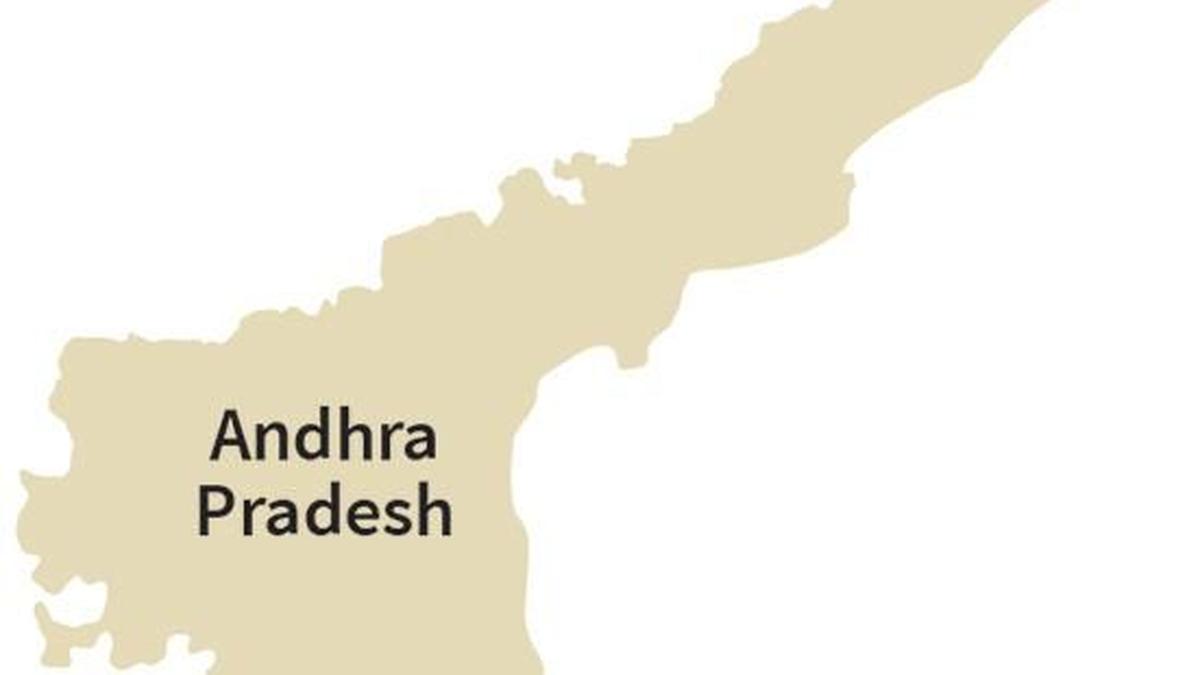The Kerala High Court has said that the daughter of a person from the Hindu community who died after December 20, 2004 is entitled to equal Hindu Undivided Family (HUF) share in the State.
The court went on to state that the Sections 3 and 4 of Kerala Joint Hindu Family System (Abolition) Act, 1975 are repugnant to Section 6 of the Hindu Succession (Amendment) Act 2005 and hence cannot prevail. Section 3 of the former Act says that no person can claim birthright in ancestral property, while Section 4 says a HUF in Kerala is deemed to have been partitioned and converted to tenancy-in-common. Due to these provisions, a Hindu daughter cannot claim equal coparcenary rights in a joint family property, as per the 2005 amendment to the Hindu Succession Act.
In Kerala, we are faced with a peculiar situation wherein the Kerala Joint Hindu Family System (Abolition) Act 1975 stands in the way of a daughter claiming the benefit of the Hindu Succession (Amendment) Act, 2005, said Justice Easwaran, while considering a regular second appeal. The judgment opened with a verse which likened daughters to Goddess Lakshmi and went on to state that a father could not bequeath the entire ancestral property to one heir, as the law mandated equal shares among all legal heirs, including daughters who acquire coparcenary rights by birth.
The case pertained to a partition suit, with the appellant daughters seeking equal share in their late father’s ancestral property, under the 2005 Act. Citing a will that was reportedly executed by the father in their favour, the defendants countered this and contended that the Act of 1975 excluded daughters from coparcenary rights in Kerala.
An amicus curiae that the court had appointed cited how the relevant Sections of the State and Central Acts were in conflict.



.png)
.png)
.png)
















 9 hours ago
4
9 hours ago
4









 English (US) ·
English (US) ·